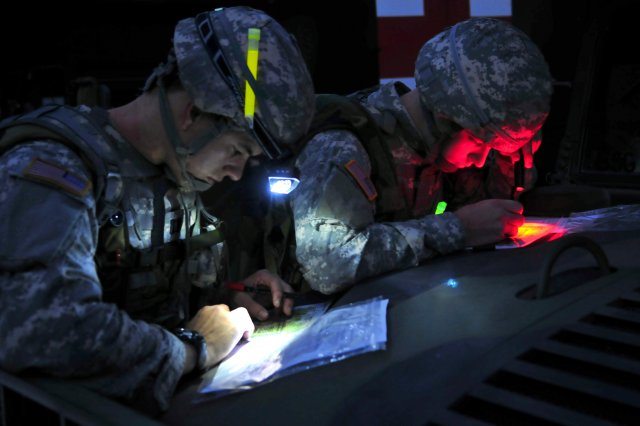The United States is to sell eight Apache helicopters to Indonesia in a sign of strengthening ties aimed at boosting regional security, Secretary of State Hillary Clinton said Thursday.
After talks with Indonesian Foreign Minister Marty Natalegawa, Clinton said the US administration had “informed Congress of the potential sale of eight AH-64D Apache Longbow helicopters to the Indonesian government.”
“This agreement will strengthen our comprehensive partnership and help enhance security across the region,” she told reporters, after they met for their third US-Indonesia joint commission.
The administration of President Barack Obama is making a key policy pivot to boost ties in the Asia-Pacific region, as it seeks to try to fend off China’s influence, and Clinton visited Jakarta earlier this month.
The top US diplomat did not give a figure for how much the sale of the Boeing-made Apaches to the Indonesian military was worth, but the Jakarta Post has reported that the deal has been in the works for some time.
Hailing their growing ties, Clinton said trade between the two nations topped $26 billion last year, while “investments in transportation, energy, and infrastructure are creating jobs and supporting economic growth.”
The United States was also spending some $600 million over the next five years to fund “clean energy development, child health and nutrition programs, and efforts to help make Indonesia’s government more transparent and open,” Clinton said.
Indonesia and the United States had built a “strong foundation,” she said, and alluding to tensions in the South China Seas added: “One of our most important concerns is promoting peace and stability in the Asia Pacific.”
Jakarta and Washington had a “comprehensive partnership,” Natalegawa agreed, adding he wanted “to reinforce and recall and reaffirm the fact that the importance of Indonesia-US relations extends beyond the bilateral.
“Our two countries now have worked very closely in a very productive and very mutually beneficial way, not only bilaterally, but increasingly within the regional setting as well.”











